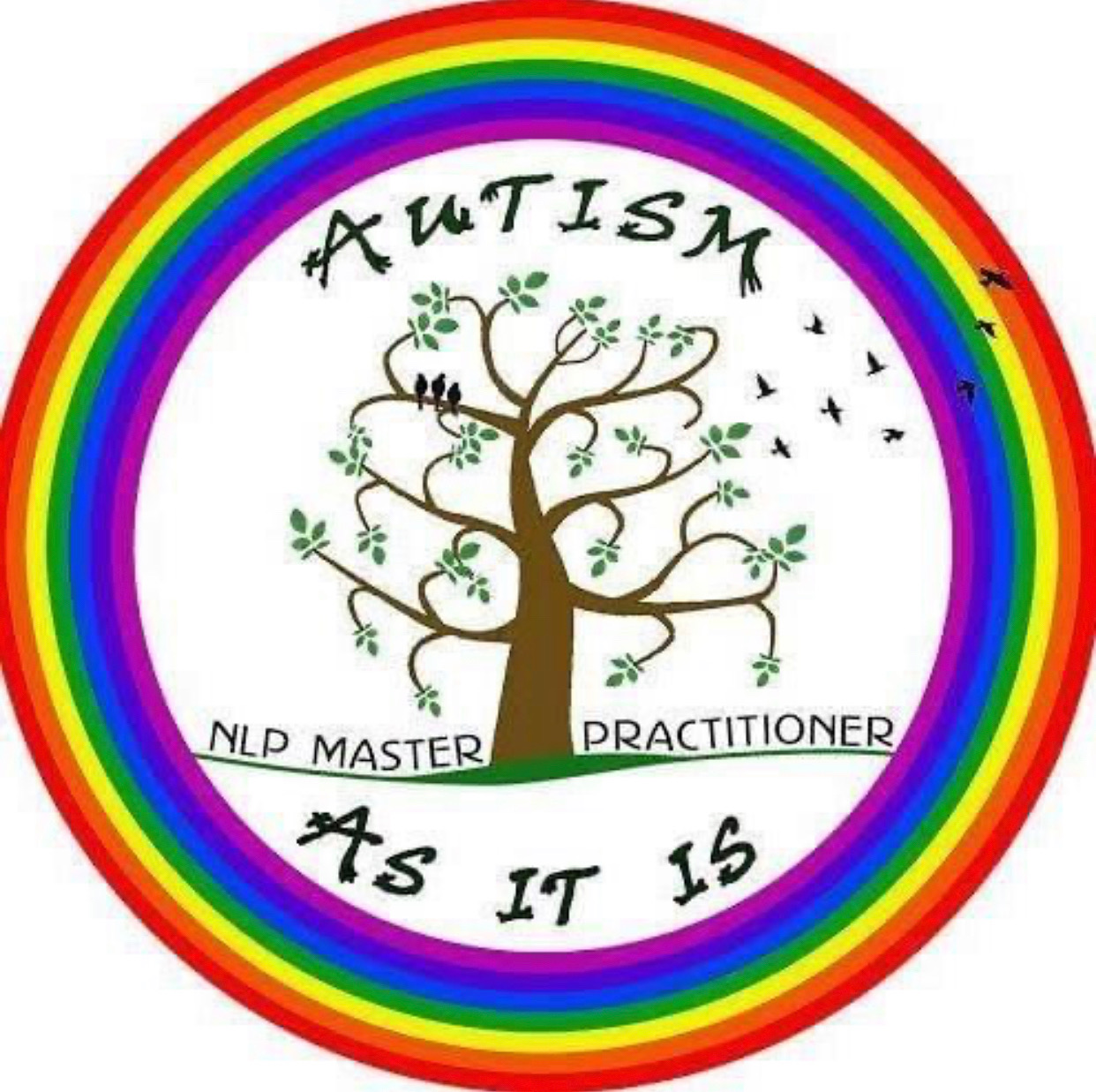The Forgotten Question
If someone asked you:
“Who is the most important person in your family?”
What would your answer be?
Most of us instinctively name our children—especially when we’re parenting a child with autism. We give everything we have to advocate, protect, teach, and nurture them. And yet, in doing so, we often push our own needs to the very bottom of the list… or off the list entirely.
But here’s the truth:
You are important too, if not more.
Self-Care Isn’t Selfish—It’s Survival
Whose oxygen mask do you put on first in an emergency? Yours.
Not because your life matters more—but because you can’t help anyone else if you’re gasping for air.
The same is true for emotional, mental, and physical well-being. If we run on empty long enough, the consequences show up in our bodies. And for many of us, they already have.
From years of caring, fighting, researching, organising, managing appointments, and putting ourselves second (or last), many of us have reached burnout—sometimes without even realising it until illness forces us to stop.
A Personal Reflection
I speak from experience. After years of pouring myself into helping my daughter communicate, accessing therapies, and advocating for her needs, I found myself physically and emotionally depleted. The result: Fibromyalgia, Chronic Fatigue Syndrome, and two malignant melanomas removed—conditions I now manage daily.
This isn’t about blame. Not towards our children, our families, or even the systems we navigate.
But it is a call to recognise that we matter too.
I often wonder if, had I learned earlier to say “No”… or “Not now”… or “I need help”…
Would my health have suffered in the same way?
What the Research (and Real Life) Tells Us
The chronic stress of caregiving can significantly affect our immune system, mental health, and long-term wellness. As Dr. Gabor Maté puts it:
“The need to please everybody all the time will kill you.”
“If you’re not well physically, mentally, and emotionally—how can you be your best for the ones you love?”
Self-care is not about becoming selfish. It’s about balance. It’s about being as kind to yourself as you are to those around you. Without it, we face burnout, depression, immune breakdown, and chronic illness.
And yet—most parents of children with autism are offered no emotional support after diagnosis. No counselling. No space to grieve, process, or regroup. This isn’t just your experience—it’s widespread. My own Master’s research confirmed just how common this neglect is.
But it doesn’t have to stay that way.
Making Yourself a Priority—Without Guilt
You deserve support.
Not just because you’re doing an extraordinary job—but because you are human. You need rest. Nourishment. Time for reflection. Permission to just be you—not a warrior, not a carer, not an organiser—just a person with needs of your own.
I’ve experienced and now integrate many healing approaches that have helped me physically and emotionally recover some of what was lost:
- NLP (Neuro-Linguistic Programming) : for mindset and communication
- Reiki, Seichem, and Crystal Healing : to support energy and balance
- Sound Healing & Meditation : to restore calm and focus
- Bach Flower Remedies & Essences : for emotional support
- Assemblage Point Alignment Therapy : for energetic realignment
- Diet & Nutrition : to support my gut, immune & brain function
- Brain Gym® : to physically help my mind reset, release tension & reduce stress
- Rhythmic Movement Therapy : to integrate some of my active reflexes
These aren’t luxury extras. They’ve become essential tools in my self-care—and in my work with other families.
The One Treatment I Recommend Most
If you’re only ready to do one thing for yourself right now, I gently suggest:
Try an Assemblage Point Alignment.
Why? Because this is the energetic centre of your entire body. When misaligned (which is common after stress, trauma, or burnout), everything—physically, emotionally, mentally and spiritually—can feel harder than it needs to be.
Clients report:
- Increased energy
- Clearer thinking
- A sense of emotional balance
- Pain reduction (physical and emotional)
- A deep, peaceful reset & spiritual connection
It’s gentle. Restorative. And most of all—it’s for you.
You Deserve Support, Too
Some parents are lucky enough to have friends who notice when they’re struggling. Who whisk them away for a break. Who step in. But many don’t. That’s why I’m here to say this clearly:
You do not need permission to look after yourself.
You do not need to wait until you crash to take a break.
You are not alone in this journey.
Whether it’s a walk, a treatment, an hour of rest, or simply being seen and heard—it counts. It matters.
So—Who Is Looking After You?
If no one has asked you that in a while…
Consider this your invitation to begin asking it of yourself.
Not someday. Not when everything else is done.
Today.
Because when you thrive, your family thrives.
When you’re calm, strong, and supported—everything becomes a little easier.
And when your cup is full, you have more to give (without losing yourself in the process).
Let’s Start Here, Together
If you’re ready to take that first step, I’m here to help. Whether through one-to-one sessions, healing treatments, group support, or simply a conversation—you are welcome.
You’ve looked after others long enough.
Let’s begin looking after you and putting your needs first.
